Description
L-Arginine: Unlocking Potential in Health and Performance
L-Arginine, often simply called arginine, is an amino acid that plays a vital role in various physiological processes within the human body. While considered a non-essential amino acid because our bodies can typically produce it, there are times, such as during periods of intense growth, stress, or injury, when supplementation may be beneficial to ensure optimal levels. From supporting cardiovascular health to boosting athletic performance, L-arginine has garnered attention for its potential benefits.
What Does L-Arginine Do?
L-Arginine is a crucial building block for proteins, but its primary claim to fame lies in its role as a precursor to nitric oxide (NO). Nitric oxide is a powerful vasodilator, meaning it relaxes and widens blood vessels. This widening action leads to several key benefits:
- Improved Blood Flow: By relaxing blood vessels, L-arginine promotes better circulation throughout the body, ensuring that tissues and organs receive adequate oxygen and nutrients.
- Cardiovascular Support: Healthy blood flow is essential for a healthy cardiovascular system. L-arginine’s ability to boost nitric oxide production can contribute to maintaining healthy blood pressure and improving overall heart function.
- Enhanced Exercise Performance: Increased blood flow to muscles during exercise can improve nutrient delivery, reduce fatigue, and potentially enhance endurance and strength.
- Immune System Support: L-Arginine plays a role in immune function by supporting the production and activity of immune cells.
- Wound Healing: Adequate blood flow and nutrient delivery are crucial for wound healing. L-arginine may help to promote faster and more efficient tissue repair.
Potential Health Benefits and Uses:
Research on L-arginine is ongoing, but several potential health benefits have been identified:
- Erectile Dysfunction (ED): Due to its vasodilating properties, L-arginine is often explored as a potential treatment for ED, as improved blood flow is crucial for achieving and maintaining an erection. Studies show mixed results, but some individuals may experience improvement with supplementation.
- High Blood Pressure: L-arginine’s impact on nitric oxide production may help to regulate blood pressure, particularly in individuals with mild hypertension. However, it’s important to consult a doctor before using L-arginine as a treatment for high blood pressure.
- Peripheral Artery Disease (PAD): By improving blood flow to the extremities, L-arginine may offer relief from symptoms of PAD, such as leg pain and cramping during exercise.
- Athletic Performance: Athletes often use L-arginine supplements to enhance blood flow to muscles, potentially leading to improved endurance, strength, and faster recovery.
- Pre-eclampsia: Some studies suggest L-arginine supplementation during pregnancy may help prevent or manage pre-eclampsia, a dangerous condition characterized by high blood pressure. This requires strict medical supervision and should not be self-treated.
Dosage and Side Effects:
L-Arginine is generally considered safe for most people when taken in recommended doses. Common dosages range from 3 to 6 grams per day, often divided into multiple doses. However, potential side effects can include:
- Nausea
- Diarrhea
- Abdominal cramps
- Bloating
- Low blood pressure
It’s important to consult with a healthcare professional before starting L-arginine supplementation, especially if you have any underlying health conditions, such as:
- Herpes (L-arginine may promote herpes outbreaks)
- Kidney disease
- Liver disease
- Low blood pressure
- Guanidinoacetate methyltransferase (GAMT) deficiency
Interactions:
L-arginine can interact with certain medications, including blood thinners, blood pressure medications, and diabetes medications. It’s crucial to inform your doctor about all medications and supplements you are taking to avoid potential interactions.
Food Sources:
While supplementation is common, L-arginine can also be obtained through dietary sources. Foods rich in L-arginine include:
- Turkey
- Chicken
- Pork
- Nuts and seeds (especially walnuts and pumpkin seeds)
- Legumes (such as lentils and chickpeas)
- Dairy products
Conclusion:
L-Arginine offers several potential health benefits related to its role in nitric oxide production and improved blood flow. From supporting cardiovascular health and athletic performance to potentially aiding wound healing and immune function, this amino acid has garnered significant attention. However, it’s crucial to approach L-arginine supplementation with caution, consulting a healthcare professional to determine appropriate dosage, assess potential side effects and interactions, and ensure it’s a suitable option for your individual health needs. While L-arginine can be a valuable tool in supporting overall health and well-being, it should be used responsibly and in conjunction with a healthy lifestyle including a balanced diet and regular exercise.

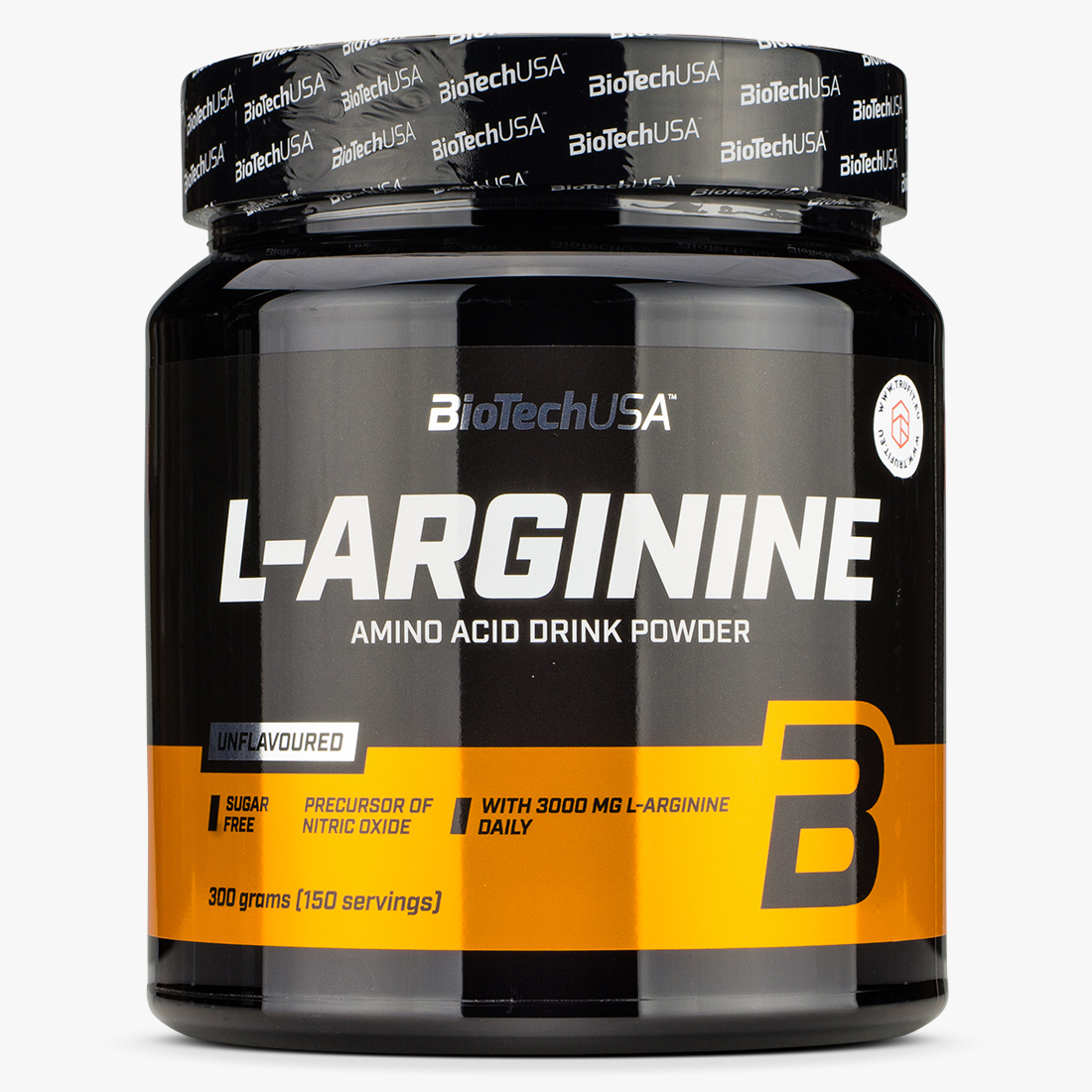
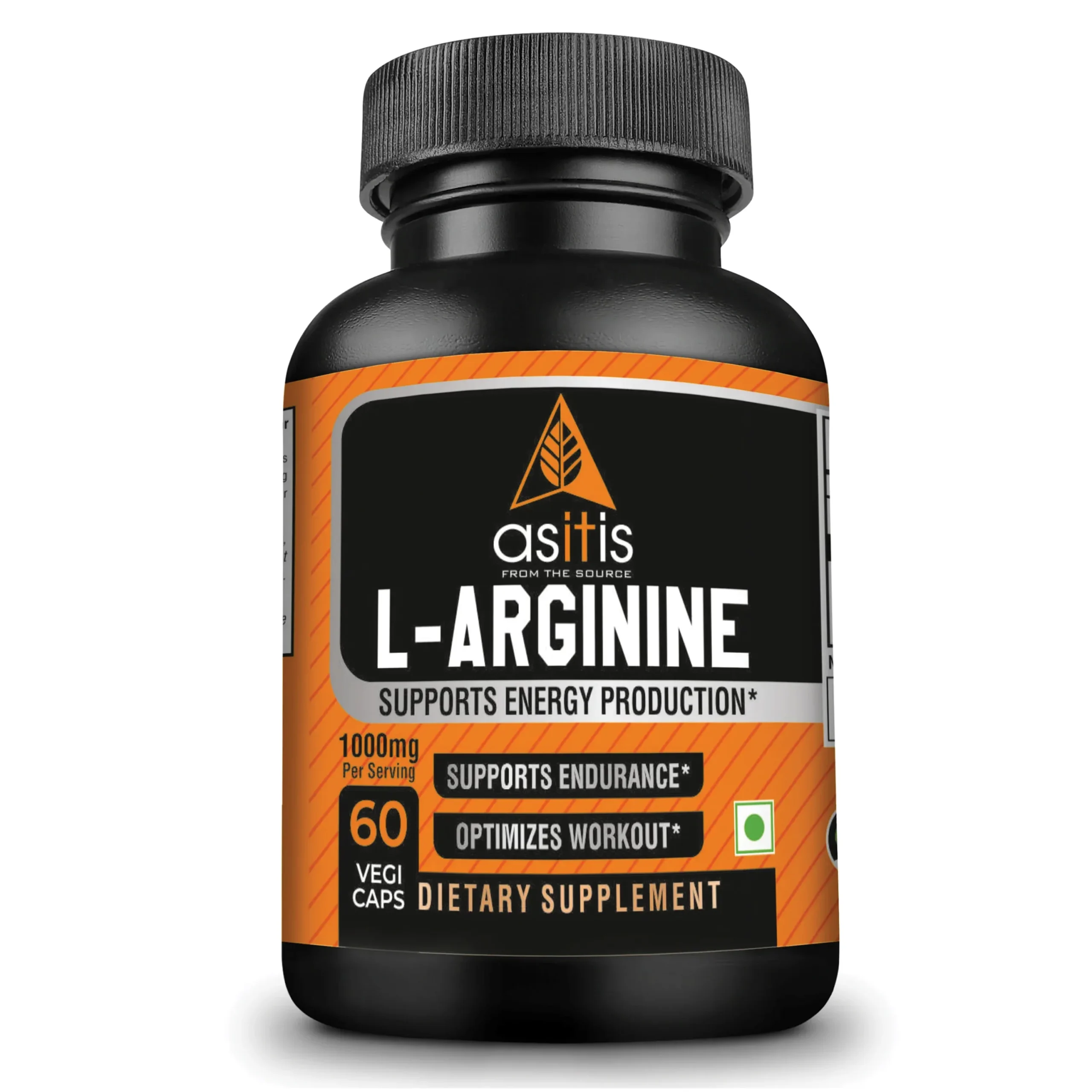
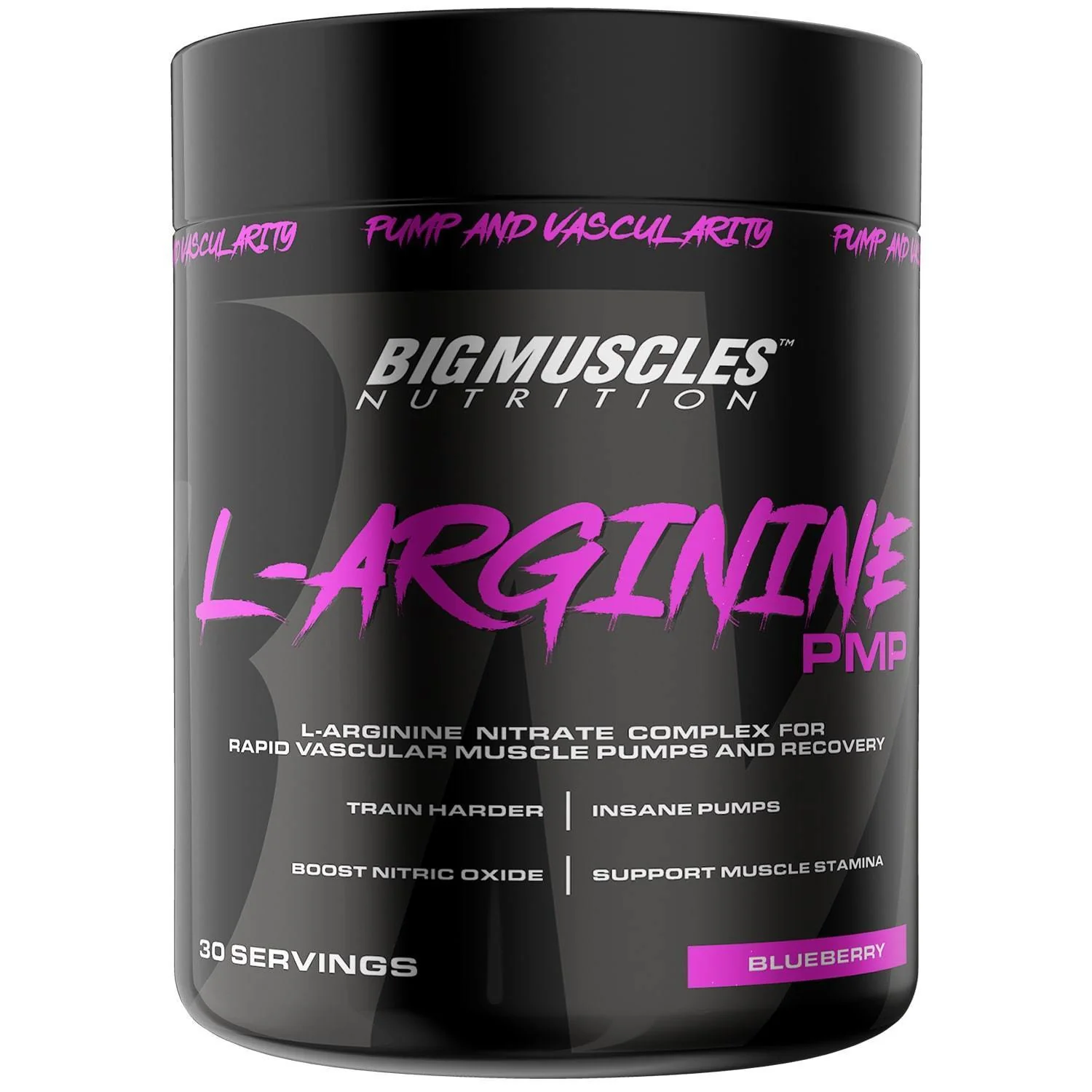
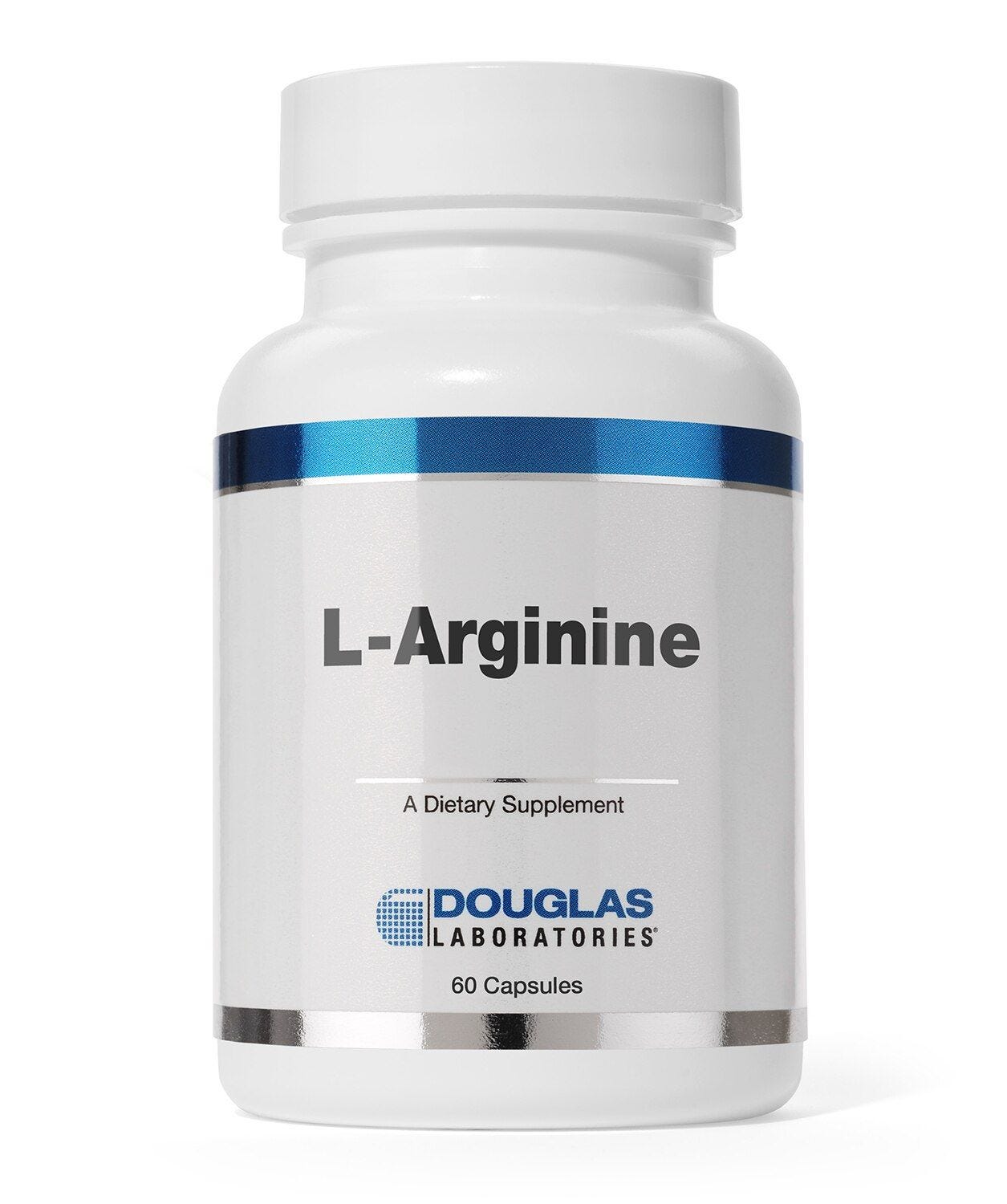
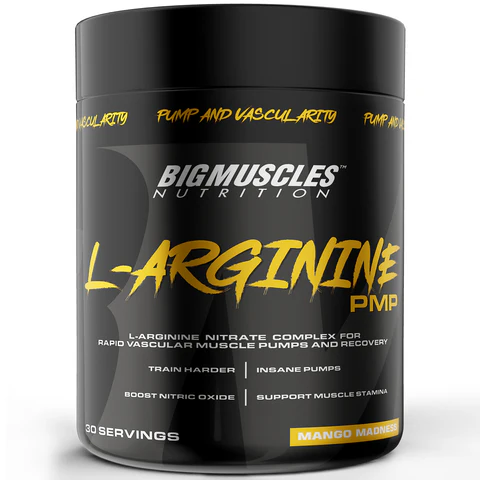





Reviews
There are no reviews yet.